You may not know it by name, but the street that goes up to La Pedrera is Calle del Metge Vallalta, a Dianense doctor who was born in the late XNUMXth century and died in the mid-XNUMXth century, and who fully suffered the consequences of the Civil War. We continue with the series of articles to find out who are the characters that give name to the streets we tread: how was the life of this doctor?
Who was and what did
Manuel Vallalta Vallalta (Dénia, 1894 - Poble Nou de Benitatxell, 1952) was a doctor affiliated with the Socialist Party, Director of Sang Hospital from Dénia. He suffered the Francoist repression for his political ideology and also a "labor cleansing" that made the life of his family very difficult. He is remembered as a professional with a great vocation and social conscience, in fact he consulted people without resources, which earned him the love of the people. However, he was cornered by his fellow doctors and also stripped of his merits. All the information is extracted from a article by Vicent Balaguer, from number 39 of Aguaits magazine, from the year 2018, deposited in the Municipal Archive, and the conversations that Dénia.com has had with his descendants.
El metge vallalta He graduated in medicine and surgery in 1918, was a member of the Alicante College of Physicians, and in 1927 he was appointed municipal health inspector, a position with which he began working at El Verger.
The son of a working family, to become a doctor he had to face difficulties of various kinds: the difficulties of making a career for a humble family son, and those that involved social advancement when obtaining it.
In 1932 he was elected interim municipal health inspector in Dénia. At those moments, the local health board was made up of doctors, practitioners, pharmacists, a midwife and even a veterinarian, who were not under any political pressure, "unfortunate to be the majority of dretan trends", as Balaguer explains. With the war started, in May 1937, the municipal plenary appointed him director of the Sang Hospital.
The consequences of war
When the civil war ended, Manuel Vallalta was detained in Calle la Mar, in the building of the Graduate Schools (the old Morand warehouses), with a group of political prisoners. First he was asked for a life sentence, then he was reduced to 30 years and finally ended up being two years, that the doctor Vallalta spent in the same prison as Miguel Hernández in Alicante, and of which his son Antonio kept a handwritten story dedicated to him ( its authenticity remains to be confirmed). When he returned to Dénia, the civil guard immediately took him back, this time to Ciudad Real, where he spent two more years.
People first, then ideology
There in Ciudad Real he saved the life with his treatments to the young son of the warden, who in gratitude told him "Ask me what you want". "I wish I could let go"Vallalta said. But the person in charge of the prison replied: "With all the pain in my heart, that's the only thing I can't do." Manuel Vallalta fulfilled his duty as a doctor at all times, regardless of political ideas.
However, there is a striking fact: according to one of Vallalta's grandchildren, a brother of the doctor was head of the Falange in Torrevieja: "With five children who could not eat, and his brother did nothing".
The "labor cleansing"
Once free, he lost his job for the City of Dénia. He appeared in oppositions, he won them, but things went wrong. These are the exact words with which Vicent Balaguer narrates it:
"The mateixos companys of professió, who will share with them, the illusion, the municipal medicine to Dénia quan the Republic and the War, li fan the impossible life, and with manipulations, advise to annul the legal nomenanment. To the Municipal Arxiu de Dénia appeared an appointment for which the six "companys" of professió demanaven to the Collegi de Metges the purification of our protagonist, which will bear fruit. To be able to exercise the profession and keep the donut and the five fills menuts, hi hagué de moure's in precarious treballs to the province of Albacete i, in 1947, he had possession of a public health assistance service at the Poble Nou de Benitatxell, on May 10. No tenint prou to donate-l'esquena to him on the Your needy family, the seus collegues, moguts for political ressentiment against this peaceful person and high values morals and professionals, advise, with false claims and manipulations, always, that the General Directorate of Health separates it from l'escalaf or the Col·legi de Metges, as a consequence of the dossier of political and social purification in Dénia, produced in ending the civil war. Això li was comunicat on February 14, 1951, prop of 19 years [sic] d'haver finalitzat el conflicte bèl·lic! "
Manuel Vallalta he died without knowing the resolution of the appeal that he himself filed. And his family, with very little money, had to ask for financial help so that a taxi would take him from Benitatxell to the Dénia cemetery. One of his numerous grandchildren, Toni Vallalta, explains it this way:
My grandfather was practically banished. He died in Benitatxell and was brought to Dénia by a taxi driver who gambled his license and his livelihood. "But for Don Manuel, I do it," said the driver. With such bad luck, that at La Sella, a couple from the Civil Guard stopped them: "This man is sick, I have to take him to Dénia," he explained. "Come in," was the phrase that allowed the doctor to be buried in his city. People were so grateful for his work that they carried him from the mortuary to the cemetery.
The testimonies of Manuel Vallalta's grandchildren
Toni Vallalta is a caretaker at the Ondara Health Center, and is the son of Antonio, "Tonet", the boy to whom Miguel Hernández dedicated the story, the fifth son of Don Manuel. Those lines are still at Toni's mother's house.
"I don't want you to pay me anything, I just want a glass of water"
"Many people without money called him, and my grandfather told them that he did not want to charge anything, he just asked them for a glass of water. And since those people could not pay for their medication either, Don Manuel took advantage of the family member's absence to put money from his own wallet under the patient's pillow. When he was leaving he told them that they should change the sheets, because he had sweated a lot, and thus he made sure they would find the money " , explains his grandson Toni. "When there was a complicated delivery somewhere in the region, he paid for the taxi himself, arrived, intervened and did not charge anything. This caused the opposite effect on his companions, a great envy for his acts full of humanity", continues his grandson.
"Pare Pere is a man just like you. Let him rest"
"Tonet", the fifth son of Vallalta, who died a decade ago, collected numerous testimonies from people who coincided with his father in an incredible episode of the Civil War. Many people came to look for him at his job to explain his experiences: for 30 years, Antonio worked as a warden in the old ambulatory in Marqués de Campo.
Right there, at his workplace, he was visited by various people who witnessed his father's performance when the anarchists wanted to dispose of Pare Pere's body. They explained everything to him and this is how his son Toni relates it:
My father told me that there was an episode during the Civil War in which anarchists wanted to burn Pare Pere's body. My grandfather took a small scalpel and went to where the body was, cut a piece of his little finger and showed it to the anarchists. "Look at this. He is a man just like you, he is not a wood carving, so let him rest. Put him back where he was". There were people from Dénia who witnessed that scene, and decades later they told Tonet in the ambulatory, and they thanked him.
"Doctor, is the race that you bid for?"
This question has been asked by a patient to Manolo Vallalta, Internal Medicine physician at HACLE La Pedrera, and grandson of the illustrious doctor.
"My grandfather was, above all, a good person. My family was very hungry, the Civil War changed their lives, and my grandmother was left alone with five children. Despite that, the issue has never been taboo, we are proud ", explains Manolo Vallalta. His cousin Toni agrees with the positive message: "It was a very strong time, my grandfather never killed anyone, but for some people it was not good. However, we have never had a feeling of revenge. On the contrary, we follow life and the figure of our grandfather is a great pride. I wish we could have met him. "
In the words of the researcher Vicent Balaguer, "This one is a great personatge, ple d'humanisme, with the popular memory, but victim of the ressentiment and the political and professional age of some of the mateixos col·legues metges d'aspecte bondadós i cristià. Something s 'haurà de fer to rescue the irrepressible seua tasca com a metge i com a ser humà. So many will serve these ratles to advise him. "
If you want to know more about why the streets of Dénia dedicate their names to certain characters, here are all the articles published so far:

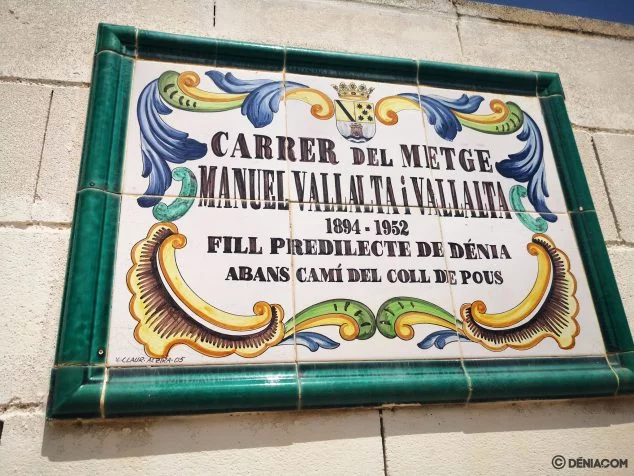
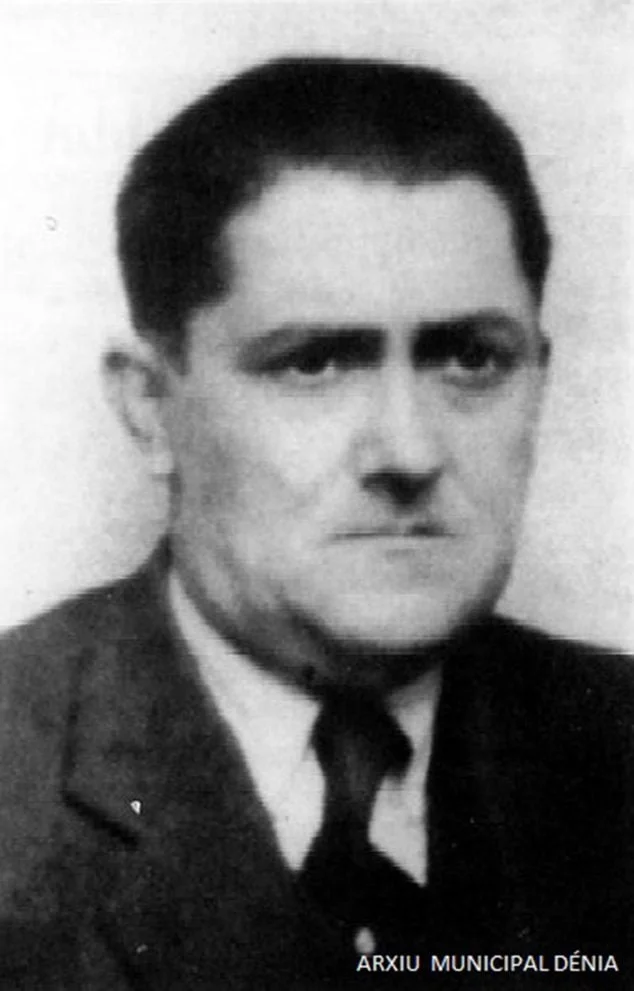
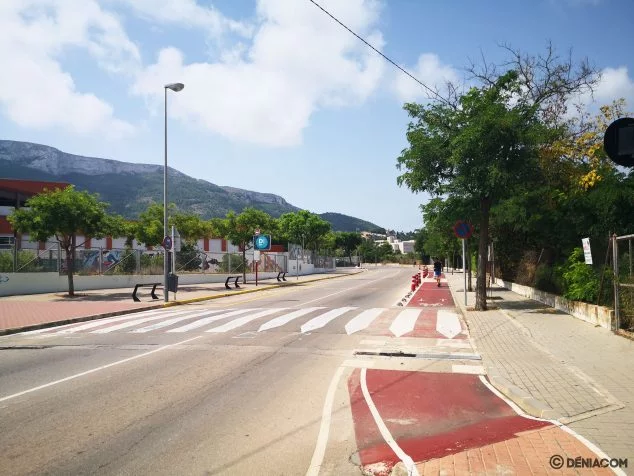
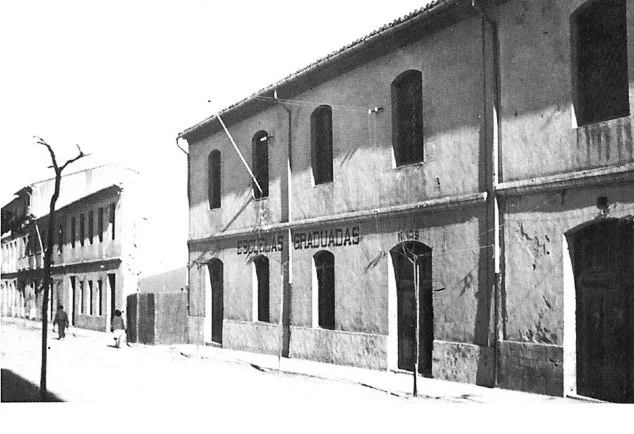
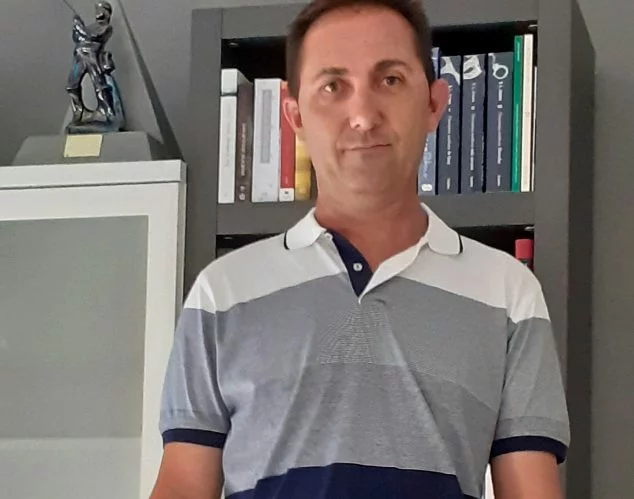
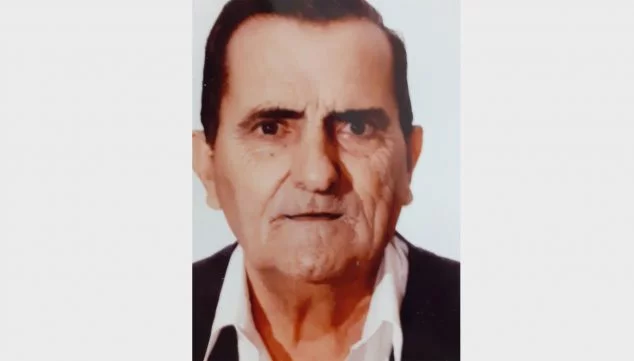
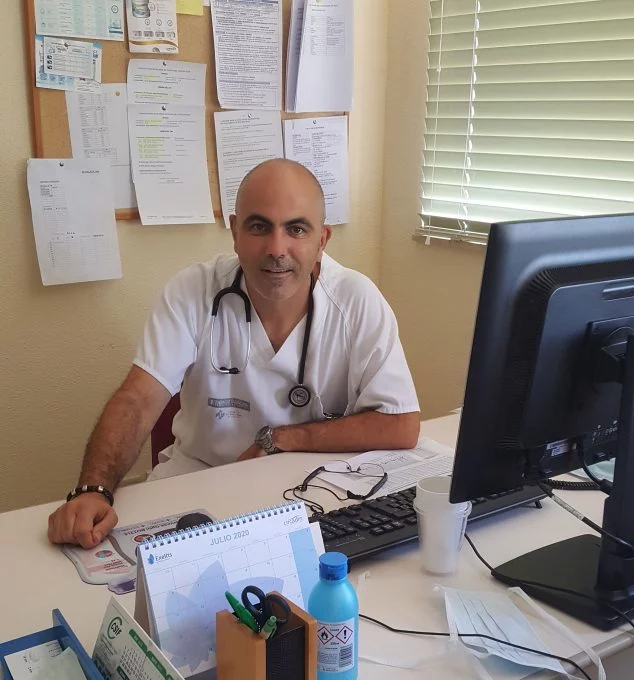

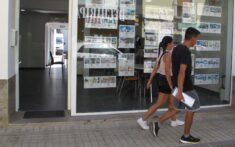




I am the grandson of Don Manuel Vallalta i Vallalta de María Mahiques Sentí , son of María Vallalta i Mahiques and ratified everything that my first ones say.